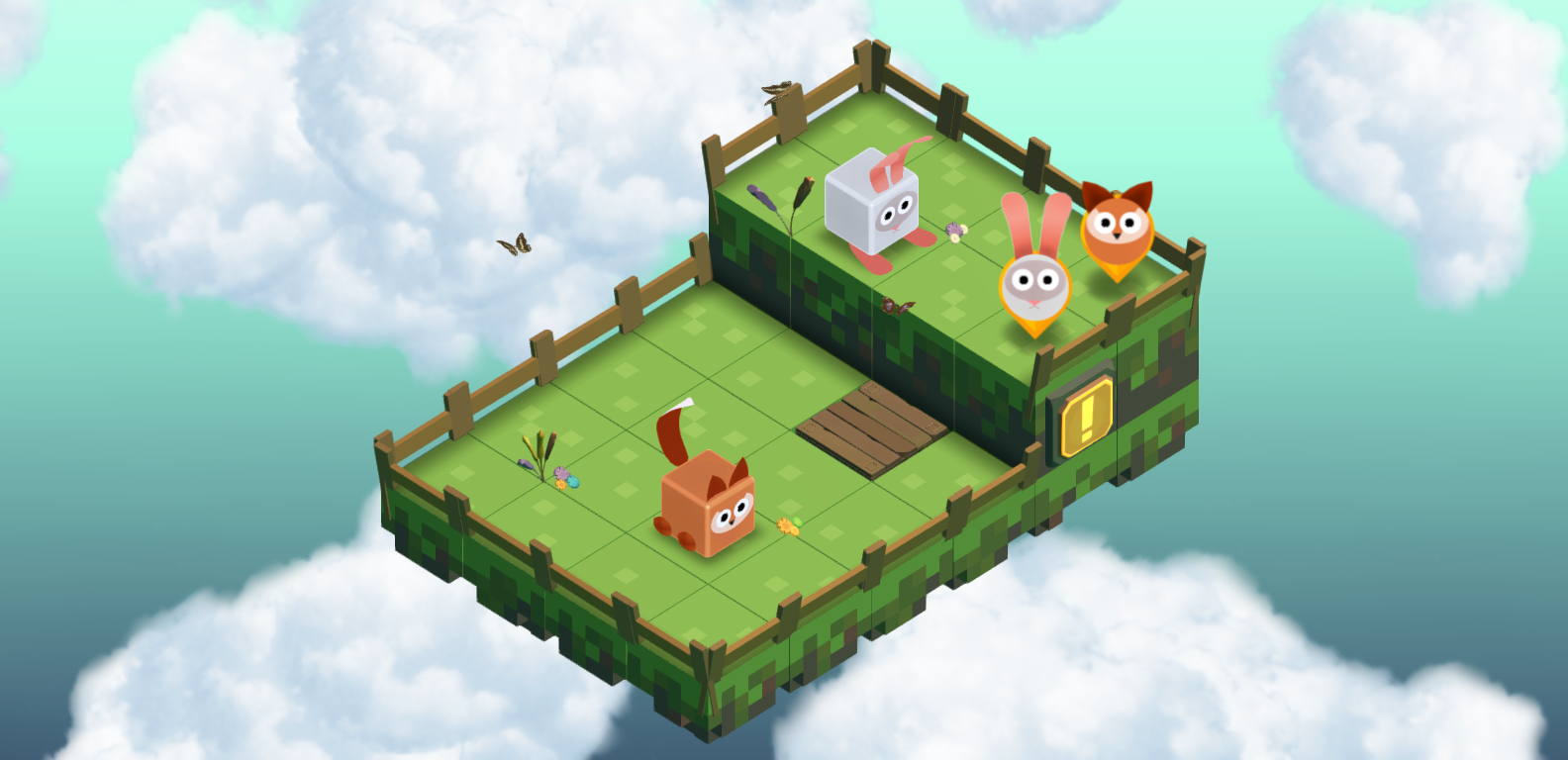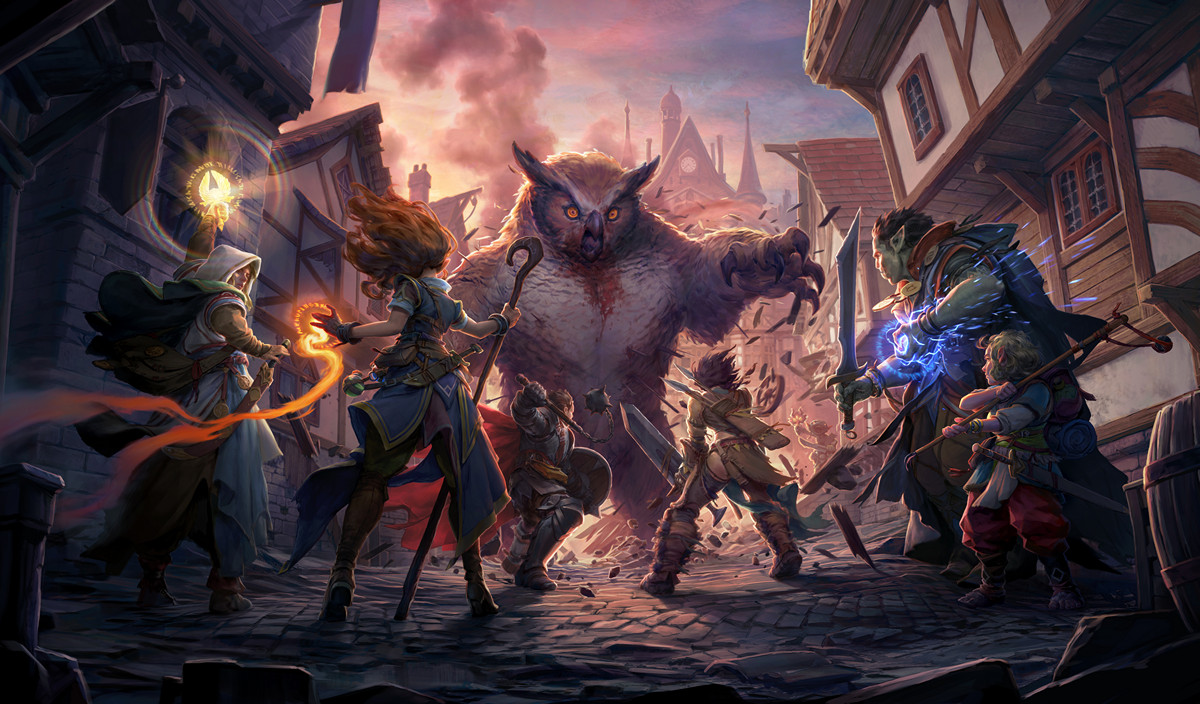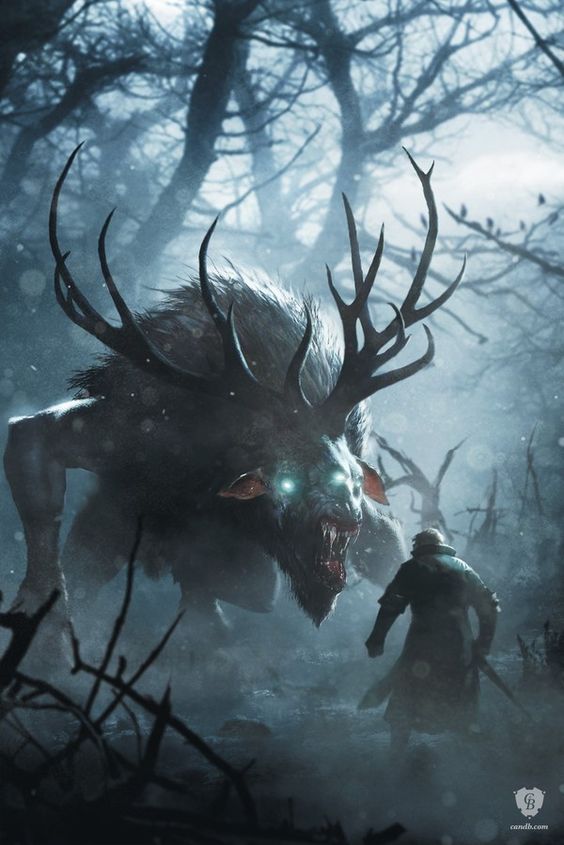
In this article I will explain a texture splatting algorithm which allows you to create more natural terrain. This algorithm may be used in shaders of 3D games as well as in 2D games.

Game development

In this article I will explain a texture splatting algorithm which allows you to create more natural terrain. This algorithm may be used in shaders of 3D games as well as in 2D games.


Pathfinder: Kingmaker (PF:K for short) is a role-playing video game created by Owlcat Games, released in Fall 2018 on Steam and GoG. Inspired by classic Bioware games, this project uses a popular board game system ruleset, combat takes place in Real-Time with Pause, follows an isometric camera, and has a non-linear story with multiple unique endings.
In this article, I will share a little about how we worked on designing the audio throughout the game’s development including task management, the search for inspiration, and troubleshooting. An experienced specialist may not find anything particularly groundbreaking in this recap, but beginners and enthusiasts will definitely discover some points of interest.
Every year there are a lot of articles dedicated to Valentine's Day. I also decided to get involved in this topic and create something original and unusual. The idea was to create a simple Android application with hearts that would have their physical models and interact with each other. Then I added text, sounds, particles and some other effects. The resulting app was working and quite original! In this article I will describe the creation process, as well as the capabilities and pitfalls of the libgdx library.

Hi. My name is Michael Kapelko. I've been developing software professionally for more than 10 years. Recent years were dedicated to iOS. I develop games and game development tools in my spare time.
Overview
Today I want to share my experience of teaching kids to program. I'm going to discuss the following topics:

StarCraft: Brood War. This game means so much to me! And to many of you, I guess. So much, that I wonder if I should even give a link to its page on Wikipedia or not.
Once Halt sent me PM and offered to learn Rust. Like any ordinary people, we decided to start with hello world writing a dynamic library for Windows that could be loaded into StarCraft's address space and manage units.
The following article will describe the process of finding solutions and using technologies and techniques that will allow you to learn new things about Rust and its ecosystem. You may also be inspired to implement a bot using your favorite language, whether it be C, C++, Ruby, Python, etc.

It's a story on how to write a plugin for Unity Asset Store, take a crack at solving the well-known isometric problems in games, and make a little coffee money from that, and also to understand how expandable Unity editor is. Pictures, code, graphs and thoughts inside.

